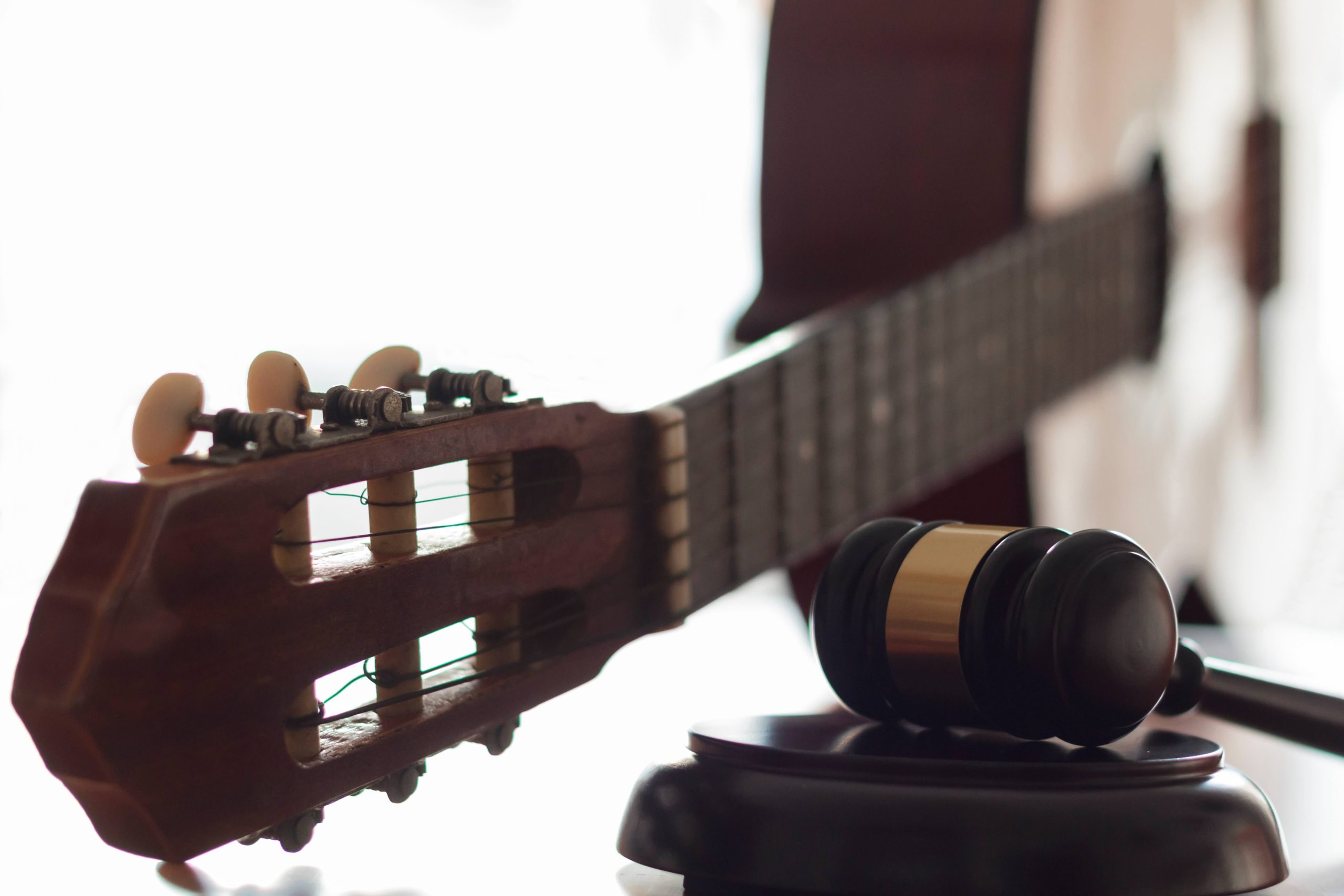Written by Kev Kendal, Auctioneer and Valuer. FIA (Scot)
While it’s a criminal offence to sell fake or copied items with an “intention to deceive”, auctioneers can sell replicas provided it is clear to the buyer that they are not getting the real thing.
When it comes to guitars, the sale of Chinese copies of Gibsons, known as “Chibsons”, would be frowned upon and not in line with the ethics of our business.
However, one particular “copy” type is highly sought-after in the guitar market. These are known as “lawsuit guitars,” which have become collectable in their own right.
With the explosion of rock and roll in the 1950s, demand for high-quality instruments boomed for acoustic and electric guitar manufacturers, such as Gibson, Martin, and Fender. In the following two decades, the high level of demand drove up prices but also saw a decline in quality and attention to detail.
In the post-war era, there was a reluctance and suspicion of Japanese products in the US, so the instruments were branded to avoid suggesting their country of origin. For example, Hoshino Gakki made guitars under the brand name Ibanez.
By the early 1970s, Ibanez made very good copies of American models and sold them cheaply. At first, they used inferior materials, so they only really “looked” like the classics. However, by the mid-1970s, Ibanez, Takamine, and co. made replicas that were on par quality-wise with the original Gibson, Martin, and Fender models.
It’s important to note that the term “lawsuit era” can be misleading. While it suggests that the big guns were taking companies to court every time a copy was produced, this wasn’t the case. In fact, the only company and model Gibson challenged was the Ibanez Super Standard Les Paul copy with its similar headstock synonymous with the Gibson models. This was settled out of court.
You can view our latest auction catalogues here. They are published every Thursday.

